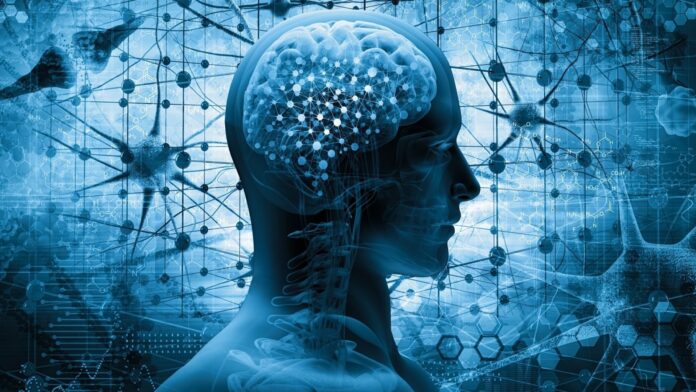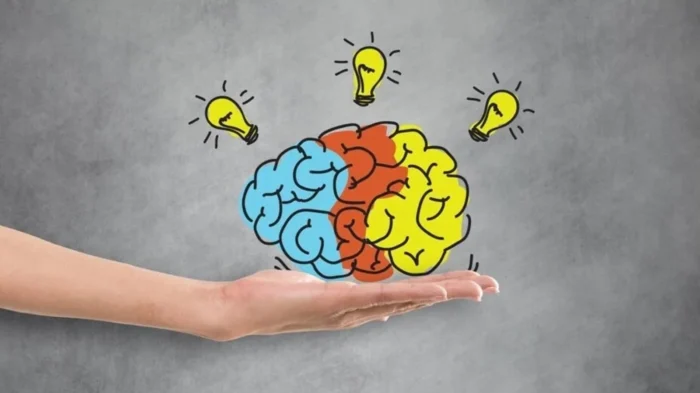
In today’s fast-paced world, learning efficiently has become a valuable skill. The ability to quickly absorb and retain information can greatly enhance productivity and success in various aspects of life, whether it’s in education, career, or personal growth.
Fortunately, with the right strategies and techniques, anyone can master the art of fast retention and become a more effective learner.
Active Engagement ─ The Key to Quick Learning
Active engagement is at the core of efficient learning. Passive reading or listening can lead to information going in one ear and out the other. To retain information effectively, it’s crucial to actively engage with the material.
This can involve asking questions, taking notes, summarizing key points, and discussing concepts with others. By actively participating in the learning process, you create a deeper connection to the information, making it easier to remember.
Chunking ─ Breaking Down Information into Digestible Pieces
One effective Gizmo technique for fast retention is chunking. This involves breaking down large amounts of information into smaller, manageable chunks. Our brains are better at processing and remembering smaller bits of information than trying to absorb a large volume of content all at once. By organizing information into groups, just like cogs in a well-designed Gizmo, you make it easier for your brain to process and retain the material.

Spaced Repetition ─ Maximizing Long-Term Retention
Spaced repetition is a powerful method that leverages the psychology of memory. Instead of cramming all your studying into a single session, spaced repetition involves reviewing the material over increasing intervals of time.
This technique takes advantage of the spacing effect, where information is better retained when it’s revisited at intervals. By reviewing information just as you’re about to forget it, you reinforce your memory and improve long-term retention.
Visual Aids and Mnemonics ─ Tapping into Visual Memory
Visual aids and mnemonics are excellent tools for enhancing memory. Our brains are highly responsive to visual stimuli, making images and diagrams memorable and engaging.
Creating visual representations of concepts can help solidify your understanding and make recall easier. Additionally, mnemonics, which are memory aids like acronyms or rhymes, provide mental hooks that help you remember complex information effortlessly.
Teach to Learn ─ Explaining Solidifies Understanding
One of the best ways to retain information is by teaching it to someone else. The act of explaining a concept to someone else requires a deep understanding of the material. Teaching forces you to organize your thoughts, identify key points, and present information logically. This process reinforces your own learning while also helping others.

Mindfulness and Sleep ─ Supporting Cognitive Function
Mindfulness practices and sleep play a significant role in efficient learning. Mindfulness techniques, such as meditation, can help improve focus and concentration, making it easier to absorb and retain information.
Additionally, getting enough quality sleep is essential for memory consolidation. During sleep, the brain processes and stores information gathered throughout the day, leading to better retention and recall.
Conclusion
In conclusion, mastering the skill of fast retention is a valuable asset in today’s information-driven world. Active engagement, chunking, spaced repetition, visual aids, teaching others, mindfulness, and sleep are all powerful tools that can help you become an efficient learner.
By incorporating these techniques into your learning routine, you’ll be better equipped to absorb and retain information, leading to improved performance and success in various aspects of life.








